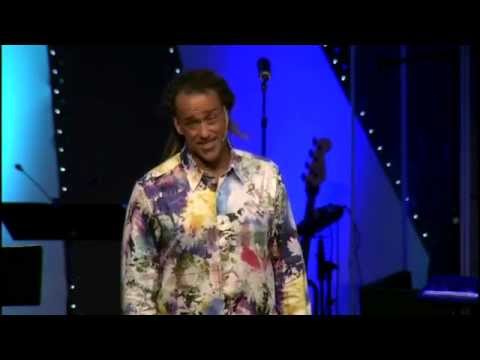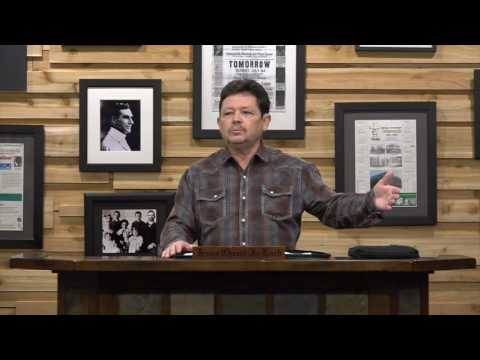Definition of Sin
I shall begin the subject by supplying some definition of sin. We are all of course familiar with the terms “sin” and “sinners.”
We talk frequently of “sin” being in the world, and of men committing “sins.” But what do we mean by these terms and phrases?
Do we really know? I fear there is much mental confusion and haziness on this point. Let me try, as briefly as possible, to supply an
answer.
I say, then, that “sin,” speaking generally, is, as the Ninth Article5 of the Church of England declares, “the fault and corruption
of the nature of every man that is naturally engendered of the offspring of Adam; whereby man is very far gone (quam longissime isthe Latin) from original righteousness, and is of his own nature inclined to evil, so that the flesh lusteth alway against the spirit;
and, therefore, in every person born into the world, it deserveth God’s wrath and damnation.” Sin, in short, is that vast moral disease which affects the whole human race, of every rank, and class, and name, and nation, and people, and tongue; a disease from which there never was but one born of woman that was free. Need I say that One was Christ Jesus the Lord?
I say, furthermore, that “a sin,” to speak more particularly, consists in doing, saying, thinking, or imagining, anything that is
not in perfect conformity with the mind and law of God. “Sin,” in short, as the Scripture saith, is “the transgression of the law”
(1Jo 3:4). The slightest, outward or inward departure from absolute mathematical parallelism with God’s revealed will and character constitute a sin, and at once makes us guilty in God’s sight.
Of course, I need not tell any one who reads his Bible with attention, that a man may break God’s law in heart and thought,
when there is no overt and visible act of wickedness. Our Lord has settled that point beyond dispute in the Sermon on the Mount
(Mat 5:21-28). Even a poet of our own has said, “A man may smile and smile, and be a villain.”
Again, I need not tell a careful student of the New Testament, that there are sins of omission as well as commission, and that we
sin, as our Prayer-book justly reminds us, by “leaving undone the things we ought to do,” as really as by “doing the things we
ought not to do.” The solemn words of our Master in the Gospel of Matthew place this point also beyond dispute. It is there written, “Depart, ye cursed, into everlasting fire: for I was an hungered, and ye gave me no meat; I was thirsty, and ye gave me no
drink” (Mat 25:41-42). It was a deep and thoughtful saying of holy Archbishop Usher, just before he died: “Lord, forgive me all my
sins, and specially my sins of omission.”
But I do think it necessary in these times to remind my readers that a man may commit sin and yet be ignorant of it, and fancy
himself innocent when he is guilty. I fail to see any scriptural warrant for the modern assertion that “Sin is not sin to us until we
discern it and are conscious of it.” On the contrary, in the 4th and 5th chapters of that unduly neglected book, Leviticus, and in the
15th of Numbers, I find Israel distinctly taught that there were sins of ignorance which rendered people unclean, and needed
atonement (Lev 4:1-35; 5:14-19; Num 15:25-29). And I find our Lord expressly teaching that “the servant who knew not his master’s will and did it not,” was not excused on account of his ignorance, but was “beaten” or punished (Luk 12:48). We shall do well to remember, that when we make the measure of our sinfulness to be our own miserably imperfect knowledge and consciousness, we are on very dangerous ground. A deeper study of Leviticus might do us much good.
Written by J. C. Ryle






